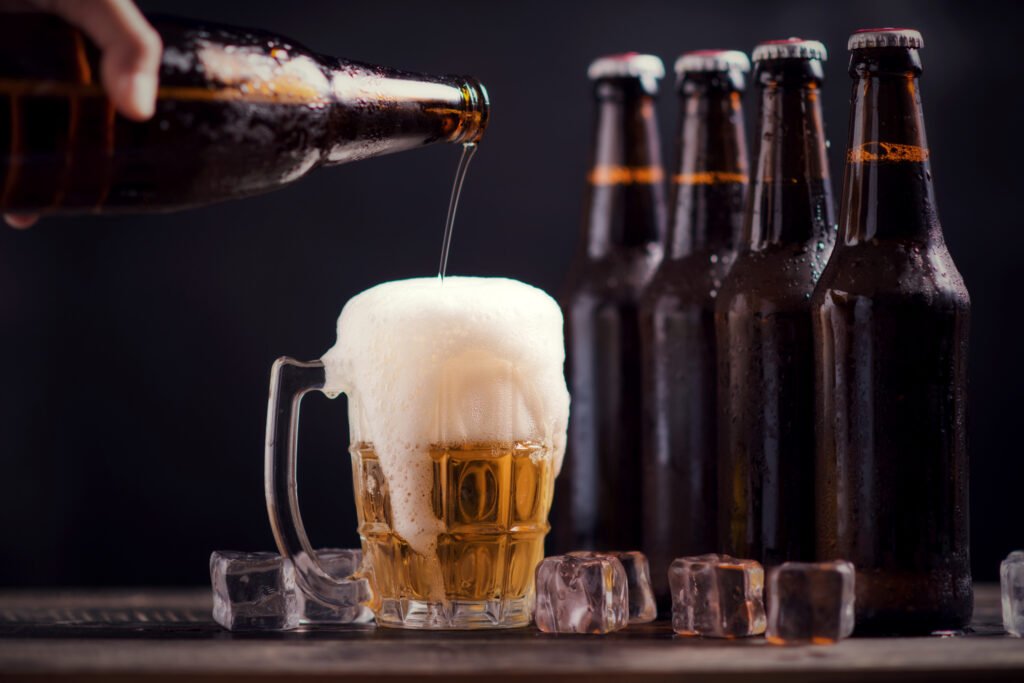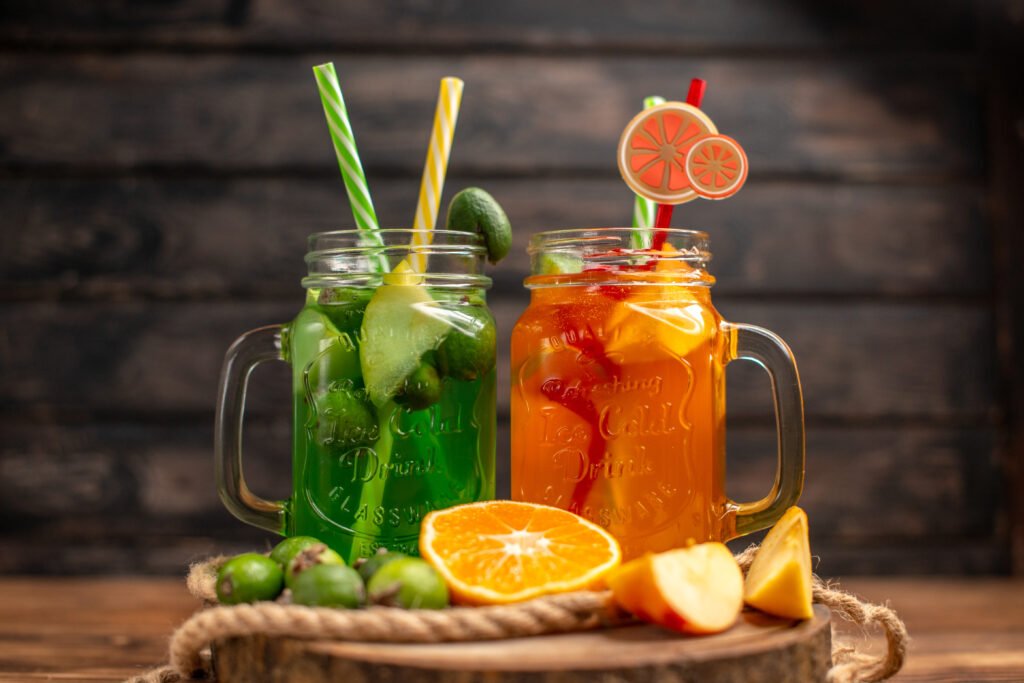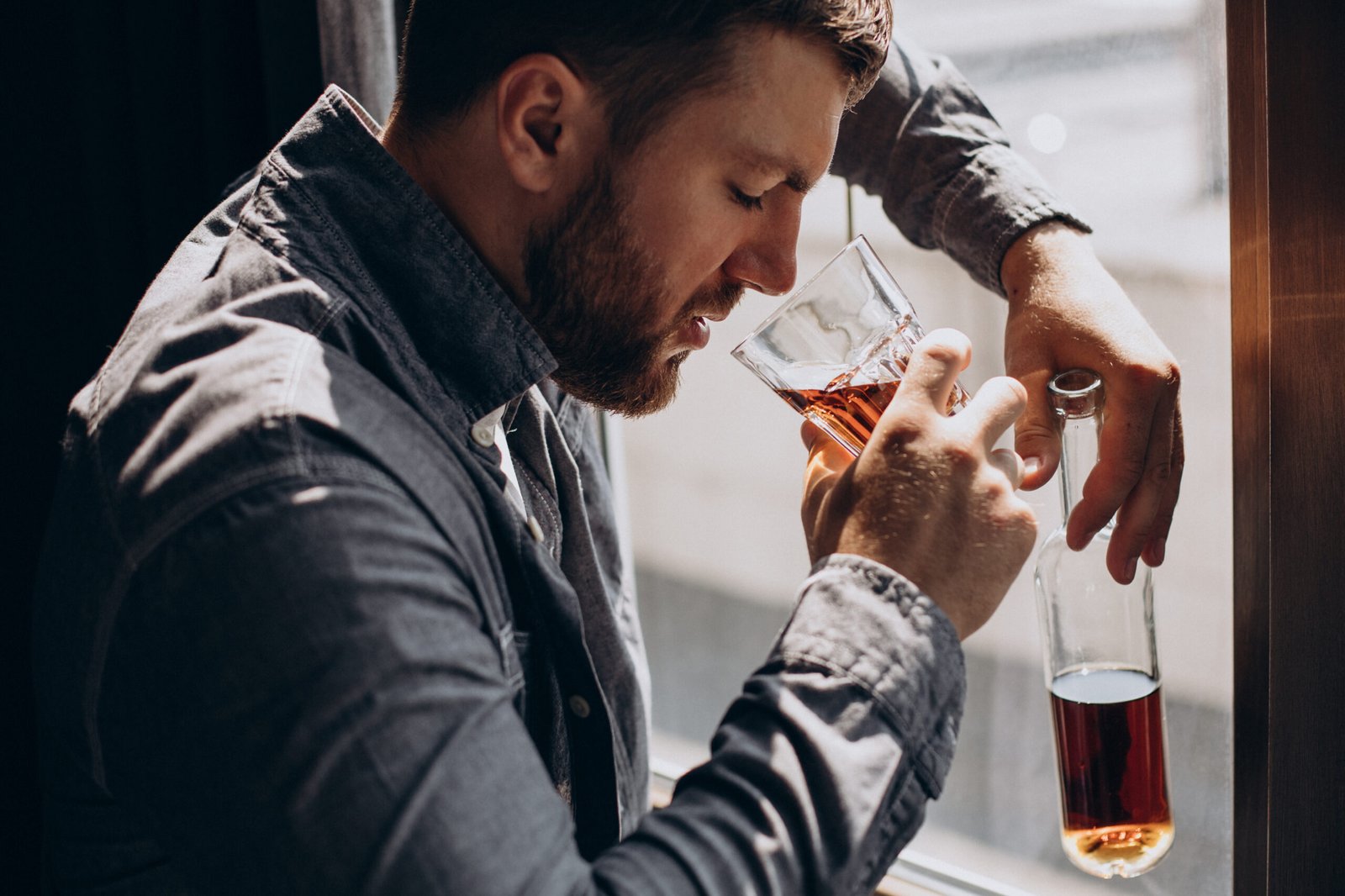Hangover• Alcohol • Beverage •Alcoholic beverage
Alcohol and beverages have long been an integral part of social gatherings, cultural traditions, and personal enjoyment. However, the complex relationship between alcohol, beverages, and the dreaded hangover can sometimes be a double-edged sword. In this comprehensive guide, we’ll delve into the science behind hangovers, explore the diverse world of alcoholic beverages, and uncover strategies for responsible drinking that can lead to a healthier, more enjoyable experience.
Whether you’re a casual drinker or a connoisseur of alcoholic drinks, this article will provide valuable insights and practical tips to help you navigate the nuances of hangovers, alcoholic beverages, and the various types of drinks available. From understanding the causes of a hangover to discovering the unique characteristics of beer, wine, and liquor, we’ll equip you with the knowledge to make informed choices and cultivate a more mindful relationship with alcohol and beverages.
So, let’s dive in and explore the complex world of hangovers, alcohol, beverages, and alcoholic beverages – a journey that promises to enlighten, entertain, and empower you to make the most of your drinking experiences, both socially and personally.

Key Takeaways
- Hangovers are the unpleasant physical and mental symptoms that occur after consuming excessive alcohol.
- Alcoholic beverages can be broadly categorized into three main types: beer, wine, and liquor, each with its unique characteristics and production methods.
- Understanding the science behind hangovers can help develop more effective prevention and management strategies.
- Responsible drinking, including moderation and awareness of potential health risks, is essential for maintaining a healthy relationship with alcohol.
- Incorporating hydration, pain relief, and natural remedies can help alleviate the discomfort of a hangover.
What is a Hangover?
A hangover is the unpleasant physical and mental symptoms that occur after consuming too much alcohol. Experiencing a hangover is a common phenomenon, and it’s important to understand the causes and symptoms to better manage this condition.
Symptoms of a Hangover
The most common symptoms of a hangover include headache, nausea, fatigue, dehydration, and irritability. These symptoms can vary in severity and duration, depending on factors such as the amount of alcohol consumed, individual tolerance, and other personal characteristics.
Causes of a Hangover
The causes of a hangover are complex and multifaceted. Key factors include dehydration, inflammation, and the buildup of acetaldehyde, a toxic byproduct of alcohol metabolism. When you consume alcohol, it can lead to an imbalance in your body’s fluid levels, causing dehydration and electrolyte imbalances. Additionally, the inflammatory response triggered by alcohol can contribute to the unpleasant symptoms of a hangover.
Understanding the underlying causes of a hangover and how being under the influence of alcohol means that your body reacts can help you develop strategies to prevent and manage this unpleasant experience. Exploring the what happens to your body when you drink less alcohol can also provide valuable insights into maintaining a healthier relationship with alcohol.

Types of Alcoholic Beverages
The world of alcoholic beverages is vast and diverse, with three main categories that each offer unique characteristics, production methods, and flavor profiles: beer, wine, and liquor.
Beer
Beer is a fermented beverage made primarily from grains, typically barley, hops, water, and yeast. The brewing process involves steeping the grains, boiling the resulting liquid with hops, and then fermenting the wort with yeast. This process results in a wide range of beer styles, from light and crisp lagers to rich and complex ales. Beer’s diverse flavors and carbonation make it a popular choice for casual gatherings and social events.
Wine
Wine is produced by fermenting grape juice. The type of grapes, growing region, and winemaking techniques all contribute to the unique flavors and characteristics of different wines. From dry and bold reds to bright and fruity whites, the world of wine offers endless exploration for connoisseurs and casual drinkers alike. The complexity and nuance of wine make it a versatile accompaniment to a wide range of cuisines.
Liquor
Liquor, also known as spirits, is a distilled alcoholic beverage made from a variety of raw materials, including grains, fruits, and plants. Distillation allows for the concentration of alcohol, resulting in higher-proof beverages such as vodka, whiskey, gin, and rum. Liquor’s versatility makes it a popular base for classic cocktails and mixed drinks, and its diverse flavors appeal to a wide range of drinkers.
Exploring the types of alcoholic beverages and their unique qualities can enhance our appreciation for the art and craft of these drinks. Whether you prefer the refreshing crispness of a beer, the complexity of a fine wine, or the versatility of a well-crafted liquor, the world of alcoholic beverages offers endless opportunities for discovery and enjoyment.
Hangover • Alcohol • Beverage • Alcoholic Beverage
The science behind hangovers is a complex interplay of factors, including dehydration, inflammation, and the metabolic byproducts of alcohol. Understanding the physiological processes involved can help us develop more effective prevention and management strategies.
The Science Behind Hangovers
When we consume alcohol, our bodies go through a series of metabolic processes that can ultimately lead to the unpleasant symptoms we associate with a hangover. Alcohol dehydrates the body, as it acts as a diuretic, causing us to lose fluids and essential electrolytes. This dehydration can contribute to headaches, fatigue, and muscle aches.
Additionally, the breakdown of alcohol in the body produces a toxic byproduct called acetaldehyde, which can trigger inflammation and oxidative stress. This inflammatory response can exacerbate hangover symptoms like nausea, dizziness, and sensitivity to light and sound.
Hangover Prevention Tips
While there is no surefire way to completely prevent a hangover, there are several strategies that can help minimize its severity and duration. Staying hydrated by drinking water before, during, and after consuming alcohol is crucial. Consuming foods rich in vitamins B and C, such as bananas, avocados, and leafy greens, can also aid in the body’s recovery.
Additionally, taking certain supplements, such as N-acetylcysteine, which helps the liver process alcohol, or prickly pear extract, which can reduce inflammation, may provide some relief. Avoiding mixing different types of alcoholic beverages and limiting overall alcohol consumption can also be effective in preventing hangovers.
By understanding the science behind hangovers and implementing practical prevention tips, you can enjoy your alcoholic beverages while minimizing the unpleasant aftereffects. Remember, responsible drinking is key to maintaining a healthy relationship with alcohol.

Hangover Cures and Remedies
While there may not be a single surefire “cure” for a hangover, there are various remedies and strategies that can help alleviate the unpleasant symptoms. From staying hydrated to incorporating natural remedies, exploring different approaches can help you find the most effective solution for your individual needs.
Hydration
One of the key factors in managing a hangover is proper hydration. Alcohol is a diuretic, meaning it causes the body to lose fluids. Replenishing those lost fluids can help reduce the severity of hangover symptoms like headache, nausea, and fatigue. Sipping water, electrolyte-rich sports drinks, or coconut water can be effective in restoring fluid balance and promoting recovery.
Pain Relief
Headaches and body aches are common hangover symptoms, but over-the-counter pain relievers can provide relief. Ibuprofen or acetaminophen can help alleviate these discomforts, allowing you to function more comfortably during the recovery process. Be sure to follow dosage instructions and avoid exceeding the recommended amounts.
Natural Remedies
In addition to traditional remedies, incorporating natural supplements and ingredients can also be beneficial for managing hangovers. Ginger, for instance, is known for its anti-inflammatory properties and may help soothe nausea. Vitamin B6 is another natural option that may support the body’s metabolism of alcohol, potentially reducing the severity of hangover symptoms.
Exploring a combination of hydration, pain relief, and natural remedies can provide a comprehensive approach to managing the discomfort of a hangover. Remember, the key is to find the strategies that work best for your individual needs and preferences.
Responsible Drinking
Responsible drinking is essential for maintaining a healthy relationship with alcohol. Moderation is key, as excessive or binge drinking can have serious consequences for both our physical and mental well-being. By practicing responsible drinking, we can enjoy the social and cultural aspects of drinking while prioritizing our overall health and well-being.
Moderation is Key
When it comes to alcohol consumption, moderation is the golden rule. Experts generally recommend no more than one drink per day for women and two drinks per day for men. Adhering to these guidelines can help us avoid the risks associated with excessive drinking, such as liver damage, social and relationship problems, and even addiction. By being mindful of our alcohol intake and making conscious choices, we can strike a balance that allows us to responsibly indulge in the occasional alcoholic beverage or Shirley Temple without compromising our health.
Alcohol and Health Risks
While moderate alcohol consumption can have some potential health benefits, such as improved heart health, it’s important to understand the risks associated with excessive or long-term drinking. Chronic heavy drinking has been linked to a variety of health issues, including liver disease, certain types of cancer, and increased risk of addiction. By educating ourselves on the potential health risks of alcohol and making informed decisions about our drinking habits, we can prioritize our overall well-being while still enjoying the social and cultural aspects of alcohol.

Conclusion
In conclusion, this article has delved into the intricate world of hangovers, alcohol, beverages, and alcoholic beverages. We’ve explored the science behind hangovers, uncovering the physiological processes that contribute to this unpleasant experience. From the different types of alcoholic drinks, such as beer, wine, and liquor, to the strategies for responsible drinking, this comprehensive guide has provided valuable insights to help you navigate the complex landscape of alcohol consumption.
By understanding the potential health risks associated with excessive drinking, such as increased risk of liver disease, certain cancers, and addiction, we can make more informed choices about our alcohol intake. Remember, moderation is key when it comes to enjoying alcoholic beverages, whether it’s a refreshing summer cocktail or a glass of fine wine.
As we bid farewell, we encourage you to apply the practical tips and strategies discussed throughout this article. Staying hydrated, incorporating natural remedies, and prioritizing your overall well-being can all play a role in building a healthier, more enjoyable relationship with alcohol. Embrace the social and cultural aspects of drinking, but do so responsibly, ensuring that you can fully savor the experience without compromising your health and well-being.
FAQ
What is a hangover?
A hangover is the unpleasant physical and mental symptoms that occur after consuming too much alcohol. Common hangover symptoms include headache, nausea, fatigue, and dehydration.
What causes a hangover?
The causes of a hangover are complex, involving factors like dehydration, inflammation, and the buildup of acetaldehyde, a byproduct of alcohol metabolism.
What are the different types of alcoholic beverages?
Alcoholic beverages can be broadly categorized into three main types: beer, wine, and liquor. Each type has its own unique characteristics, production methods, and flavor profiles.
How can I prevent a hangover?
There are various tips and tricks that can help minimize the severity of a hangover and promote a quicker recovery, such as staying hydrated, taking certain supplements, and incorporating natural remedies.
What are some effective hangover cures and remedies?
While there is no surefire “cure” for a hangover, strategies like staying hydrated, taking pain relievers, and using natural remedies like ginger or vitamin B6 can help alleviate the symptoms.
What is the importance of responsible drinking?
Responsible drinking is essential for maintaining a healthy relationship with alcohol. Moderation is key, as excessive or binge drinking can have serious consequences for both our physical and mental well-being.


